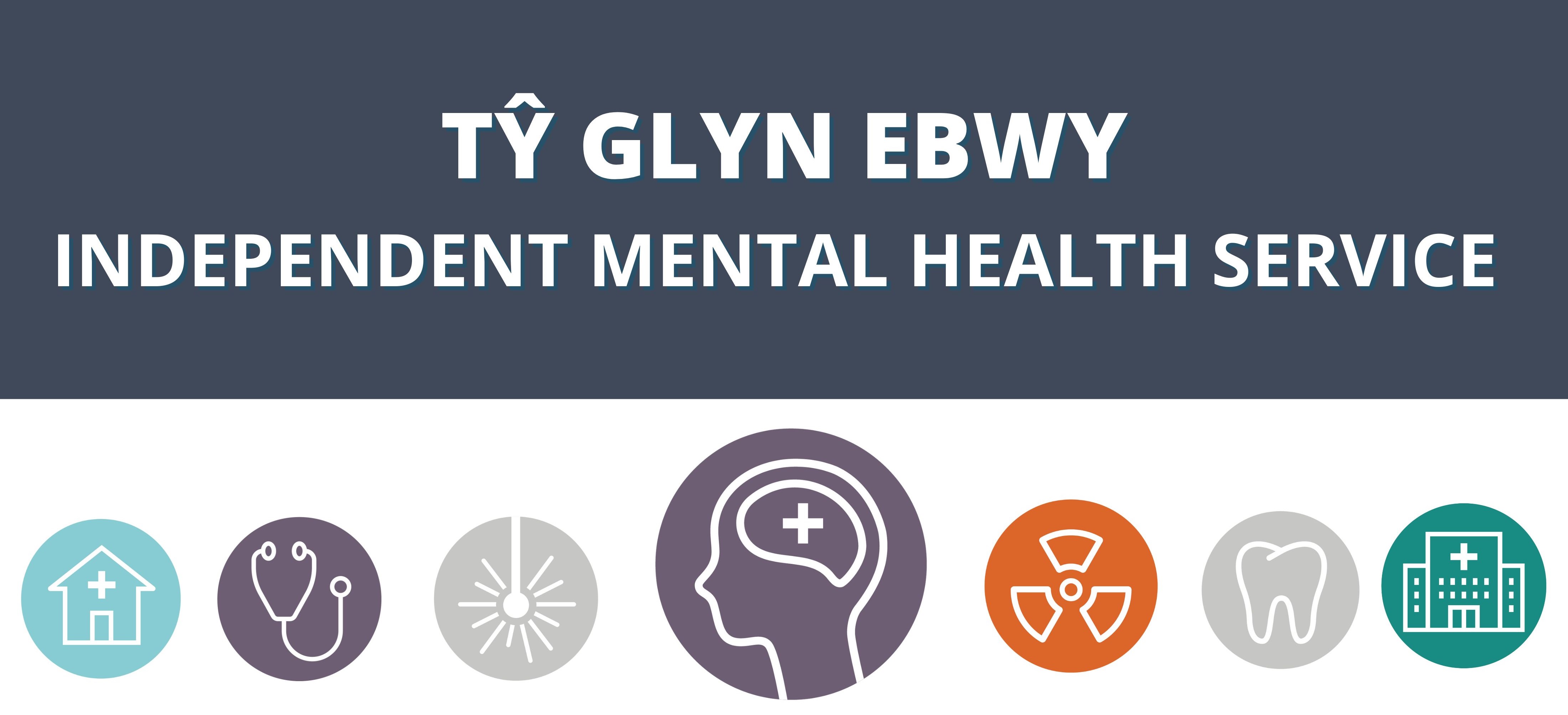Inspection finds good standard of care at specialist eating disorder hospital in Ebbw Vale
Healthcare Inspectorate Wales (HIW) has issued a report (25 July 2024) following an inspection of Ty Glyn Ebwy Hospital in Ebbw Vale run by Elysium Healthcare.

Ty Glyn Ebwy has recently opened to patients and is an independently run specialist service, providing care and treatment for female patients over the age of 18, experiencing eating disorders. Inspectors completed the unannounced mental health service inspection of the new hospital across three consecutive days in April 2024, reviewing the 15-bed Meadow Ward. Hillview Hospital, the previous mental health service also run by Elysium Healthcare at this address closed in June 2023.
We found a dedicated team of staff that were committed to providing a high standard of care to patients. We saw staff interacting with patients respectfully throughout the inspection and patients spoke highly of staff and the care provided to them.
It was positive to see that patients had access to ensuite rooms which provided a good standard of privacy and dignity. Each bedroom door had a vision panel which enabled staff to undertake observations from the corridor without opening the door to minimise any potential disruption to patients sleeping. Patients were also able to adjust and control the observation panel.
Ty Glyn Ebwy had a range of facilities available to support the provision of therapies and activities. We observed patients at the hospital being involved in a range of activities throughout the inspection. These activities included arts and crafts, gardening club, and mindfulness activities. However, patients told us that they would benefit from more therapeutic activities relevant to eating disorders and recovery. In addition, patients and families told us that they would like to have more activities available over the weekend.
During the inspection there was confusion over whether patients were able to securely lock their bedrooms. This, however, was an option for patients, despite some staff being unaware of this procedure. The registered provider must ensure that staff and patients are fully informed on the key availability for rooms.
Inspectors noted improvements could be made to reduce the potential risk to life due to ligature. On the first night of the inspection, there was a slight delay in staff locating the ligature cutters when asked. The registered provider must ensure that all staff area aware of the location of ligature cutters and that they are easily accessible in an emergency.
The staff we spoke with were enthusiastic about their roles and how they supported and cared for the patients. We saw staff taking time to speak with patients and address any needs or concerns the patients raised, this showed that staff had responsive and caring attitudes towards the patients. Staff were able to describe their roles and appeared knowledgeable about the care needs of most patients they were responsible for. Senior staff told us overall the workforce would benefit from additional training to equip them with the specialist skills needed to care for a complex patient group.
It was noted, however, that during mealtimes, staff did not actively engage with patients when eating. We noted that patients were clearly struggling to finish their food and staff did not employ any techniques to manage distress or support patients. In addition, we did not observe any pre-meal support being provided prior to patients being served their meals. Given the nature of the treatment being provided to patients at the hospital, it is important that staff are adequately trained in providing support to patients pre and post meal.
We saw evidence of various risk assessments that had been conducted including, ligature point risk assessments and fire risk assessments. We were told of the environmental checks that are completed and saw evidence of the weekly ward manager checks. A system of regular audit of infection control arrangements was described, and throughout the inspection, inspectors noted a high level of cleanliness at the hospital, which contributed to the patients having a better experience whilst staying there.
Alun Jones, Chief Executive of Healthcare Inspectorate Wales said:
It was positive that throughout the inspection, the staff at the hospital were receptive to our views, findings, and recommendations. Although the service is relatively new, there were well-defined systems and processes in place to ensure that the hospital focussed on continuously improving its services. We will continue to engage with the service to ensure there is sustained progress against our findings.